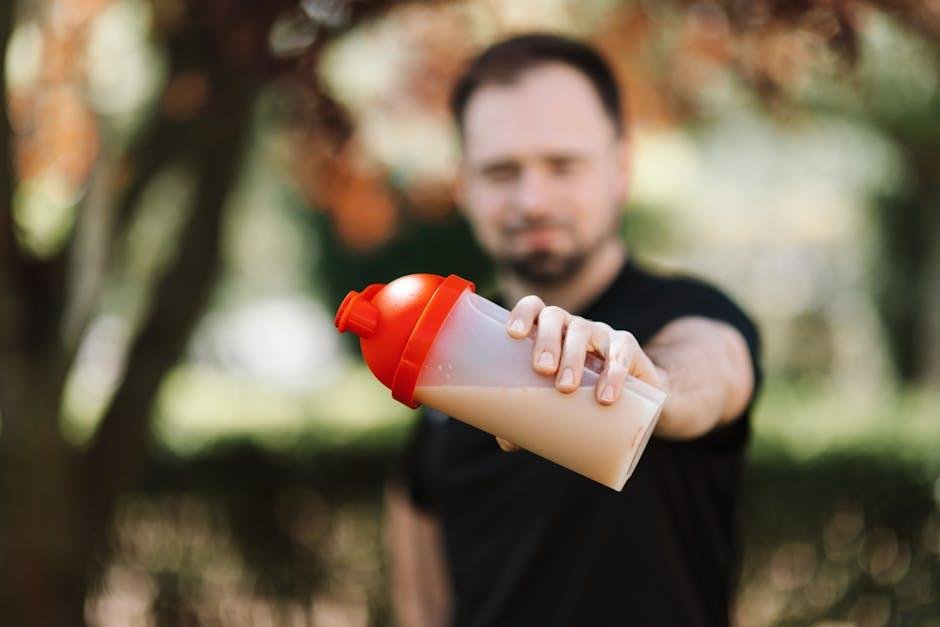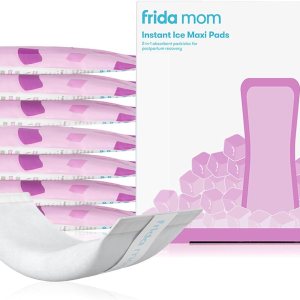When it comes to building muscle, protein often takes center stage as a crucial nutrient. However, simply eating a lot of protein isn’t always the key to effective muscle growth. Striking the right balance in your protein intake—not just in quantity but also in timing and quality—can make a significant difference in achieving your fitness goals. In this article, we’ll explore how to balance protein consumption to support muscle repair and growth, helping you optimize your diet and training results. Whether you’re a beginner or looking to fine-tune your nutrition, understanding these principles can take your muscle-building efforts to the next level.
Table of Contents
- Understanding the Role of Protein in Muscle Growth
- Choosing the Right Types of Protein for Your Diet
- Timing Your Protein Intake for Maximum Benefits
- Adjusting Protein Needs Based on Activity Level and Goals
- Final Thoughts
Understanding the Role of Protein in Muscle Growth
Muscle growth is heavily influenced by protein, an essential macronutrient responsible for repairing and building muscle fibers after intense workouts. During resistance training, tiny tears occur in muscle tissue, and protein helps to rebuild these tears, making muscles stronger and larger over time. Without adequate protein intake, the body’s ability to recover and grow muscle is compromised, which can lead to stagnation or even muscle loss, despite regular training.
To optimize muscle growth, it’s important to focus not just on the amount of protein but also on its quality and timing. Incorporating a variety of protein sources ensures a full spectrum of essential amino acids, which are the building blocks for muscle repair. Here are key factors to consider for effective protein intake:
- Protein quality: Prioritize high-quality proteins like lean meats, dairy, eggs, and plant-based sources such as quinoa and legumes.
- Protein timing: Distribute protein intake evenly across meals, especially consuming a good portion within 30-60 minutes after exercise.
- Daily requirements: Adjust intake based on body weight and workout intensity—generally, 1.6 to 2.2 grams per kilogram of body weight supports muscle synthesis.
Choosing the Right Types of Protein for Your Diet
Not all proteins are created equal when it comes to muscle growth. Animal-based proteins, such as lean meats, eggs, and dairy products, are rich in all the essential amino acids your body needs to repair and build muscle tissue efficiently. For those following a plant-based diet, combining different sources like beans, lentils, quinoa, and nuts can provide a complete amino acid profile. Incorporating a variety of proteins throughout the day ensures you’re fueling your muscles optimally and supporting long-term gains.
It’s also important to consider the timing and digestibility of these proteins. Fast-digesting options like whey protein isolate are ideal post-workout to quickly supply muscle tissues with amino acids, whereas slower-digesting proteins like casein can help sustain muscle repair overnight. Incorporate a mix of complete proteins and smart supplementation tailored to your lifestyle and dietary preferences to maintain balance and make consistent progress.
Timing Your Protein Intake for Maximum Benefits
Strategically scheduling your protein consumption throughout the day can significantly influence muscle repair and growth. After resistance training, your muscles are primed to absorb amino acids, making it crucial to consume a high-quality protein source within a window of 30 to 60 minutes post-workout. This timing jump-starts the muscle recovery process by enhancing muscle protein synthesis, especially when paired with a source rich in essential amino acids like leucine. Not only does this promote faster recovery, but it also helps in minimizing muscle breakdown.
Distributing protein intake evenly across meals supports a consistent anabolic environment. Instead of loading most protein in a single meal, aim to:
- Include 20-40 grams of protein per meal, depending on your body weight and activity level
- Space meals about 3-4 hours apart to optimize absorption and utilization
- Incorporate a protein-rich snack before bed to aid overnight muscle repair and prevent catabolism
By integrating these timing principles into your nutrition plan, you ensure your muscles receive a steady supply of vital nutrients exactly when they need them most, ultimately maximizing your muscle growth potential.
Adjusting Protein Needs Based on Activity Level and Goals
Protein requirements aren’t one-size-fits-all; they flex and adapt depending on your daily movement and personal goals. For those engaging in intense weight training or aiming for significant hypertrophy, increasing protein intake to about 1.6 to 2.2 grams per kilogram of body weight supports muscle repair and growth efficiently. Alternatively, individuals focused on maintenance or moderate activity levels can find balance around 1.0 to 1.2 grams per kilogram, which preserves existing muscle mass without excess. Remember, protein quality and distribution throughout the day play crucial roles alongside quantity for maximizing muscle synthesis.
When tailoring your intake, consider factors such as:
- Workout frequency and intensity: Higher frequency demands more frequent protein replenishment.
- Body composition goals: Bulking phases typically call for elevated protein, whereas cutting phases might focus on maintaining lean muscle while in a calorie deficit.
- Overall calorie intake: Sufficient calories aid protein utilization; under-eating can blunt muscle growth regardless of protein consumed.
By adjusting protein consumption thoughtfully alongside your exercise routine and goals, you can optimize muscle gains without unnecessary excess or deficits.
Final Thoughts
Finding the right balance of protein in your diet is essential for effective muscle growth. By understanding your individual needs, timing your intake properly, and combining protein with a well-rounded nutrition plan, you can support your body’s recovery and development. Remember, consistency is key—so tailor your protein consumption to fit your lifestyle and training goals, and you’ll be well on your way to achieving stronger, healthier muscles. Keep experimenting, stay informed, and listen to your body as you progress on your muscle-building journey.
Related Products
-
Sale!
Frida Mom 2-in-1 Postpartum Pads, Absorbent Perine…
Mom Original price was: $19.99.$15.19Current price is: $15.19. -
John Deere Bubble Lawn Mower for Toddlers, Bubble …
Kids $29.99 -
Hanes Men’s EcoSmart Fleece, Pullover Crewneck Swe…
Clothing $9.31







